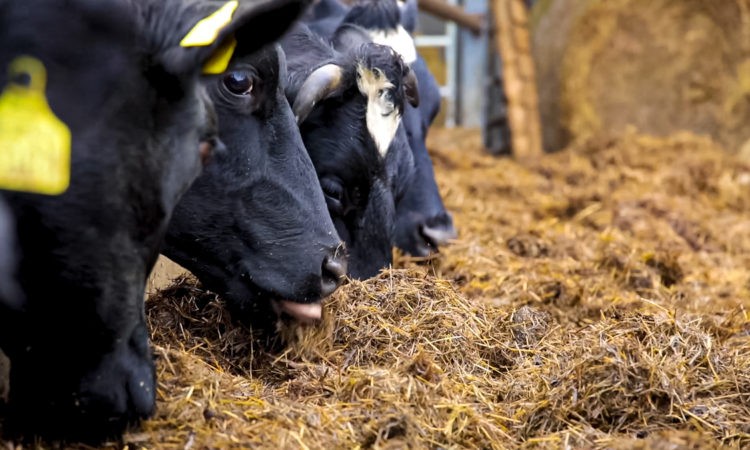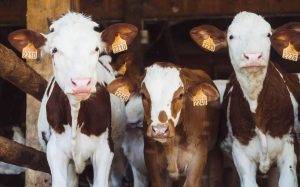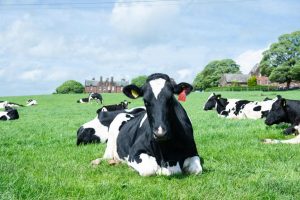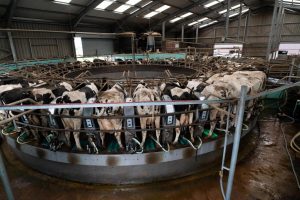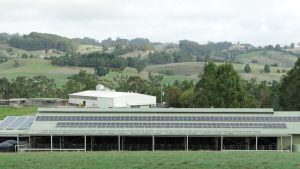
The NFU has submitted its response to the landmark government consultation on the future of dairy contracts that has presented the dairy industry with its most important conversation in a quarter of a century.
The government launched the consultation after looking at the issue for two years, when a review by the Grocery Code Adjudicator found an uneven distribution of power within the dairy supply chain.
The NFU dairy board chairman Michael Oakes said:
“The NFU has been consulting its dairy farmer members widely over the past few years to help develop our consultation response.
The consensus is that it is time to change and for the better; to change the structure of the dairy industry so it is more sustainable, progressive and improves the way farmers and processors work together.
“For far too long, dairy farmers have borne the brunt of contracts that are weighted heavily in favour of the milk buyer who can change contract terms and pricing mechanisms, and even introduce retrospective penalties and price cuts without negotiation.
“We want to see freely negotiated and flexible contracts which are tailored to the needs of both buyers and dairy farmers.
“Fairer contracts should increase transparency and trust, that benefits both sides, and mean that any changes need to be mutually agreed.”
Consultation Has Raised ‘A Number Of Concerns’
Oakes continued:
“The consultation process with our dairy farmer members and industry has raised a number of concerns which we also address in great detail as part of our consultation response.
“We recognise the good practice and collaboration which already occurs in the British dairy sector.
We have spoken to a number of co-operative businesses to understand their concerns and ensure that regulation does not create any unintended consequences.
“There are many private dairy companies who operate well in partnership with their dairy farmers.
“We feel very strongly that regulation should only help to improve the situation of those who share our principles, not adversely impact them.
“Post-Brexit, the UK dairy market needs to be commercially focused, innovative and resilient in order to tackle the challenges and opportunities that leaving the EU will bring.
“We believe this vital consultation can help the industry find a successful way forward,” Oakes concluded.
